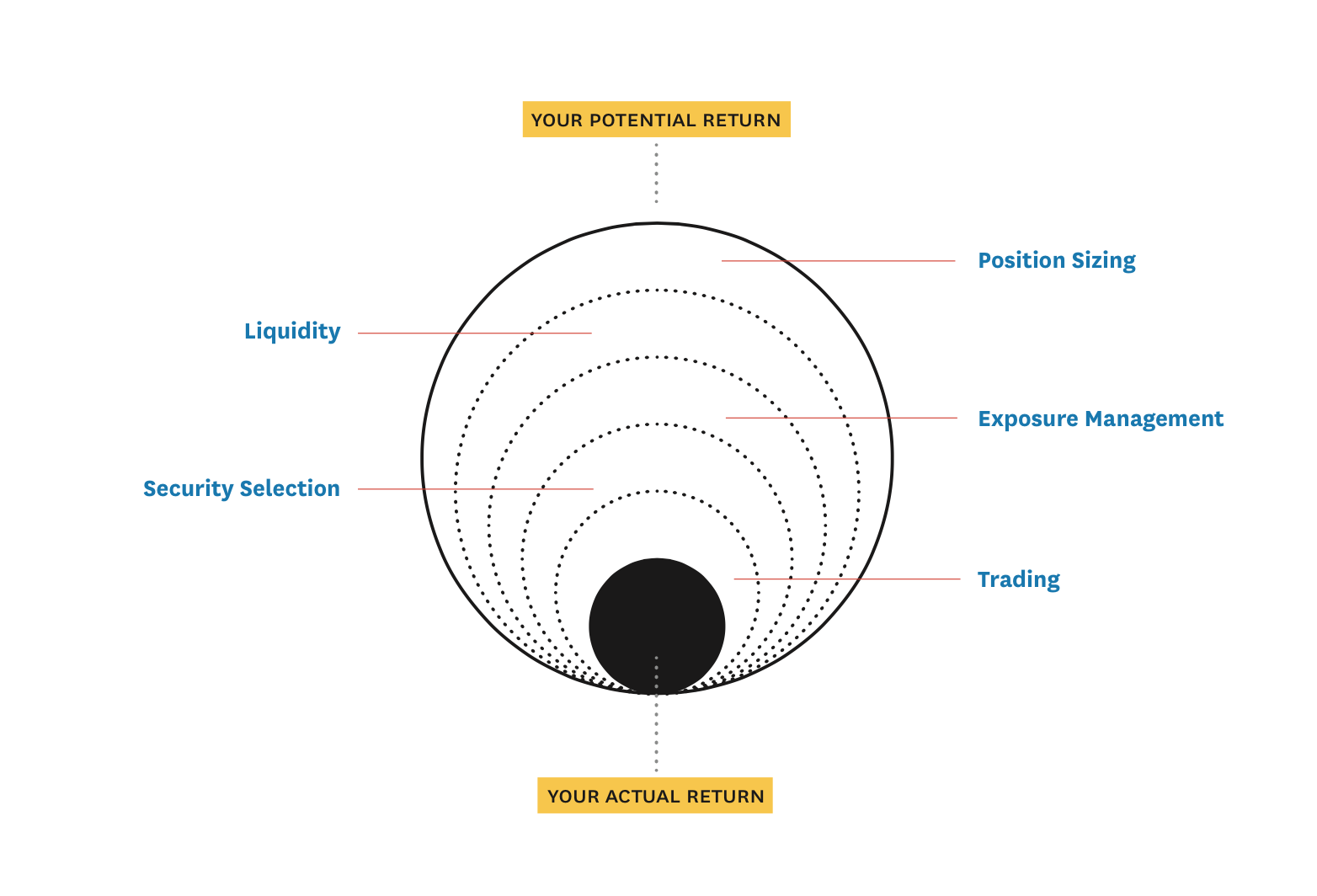The UK government is not yet acting on their stated intention to have the country’s public pensions invest in its infrastructure, according to local authority pension leaders.
“It’s surprisingly difficult to get a hearing in government around infrastructure.” —Mike Jensen, CIO, Lancashire Pension FundSpeaking at a National Association of Pension Funds (NAPF) conference in May, Lancashire County Council CIO Mike Jensen said he found the government’s lack of engagement with UK pensions “surprising” given previous statements from ministers.
“It’s surprisingly difficult to get a hearing in government around infrastructure,” Jensen said. “Given the noises they have made for a considerable time now, that has been quite surprising.”
NAPF Chief Executive Joanne Segars suggested that ministers saw public pensions “as a useful ATM” but had not done much to help pension funds benefit from privatisation of assets.
Last month, it emerged that Lancashire was among the bidders for the government’s £400 million ($612 million) stake in Eurostar, which runs trains between London, Paris, and Brussels. However, the stake was sold to Caisse de dépôt et placement du Québec for more than £750 million in March.
“We tried to persuade government that the idea of retaining that asset within the UK tax base had more value than just the price paid,” he said. “We didn’t get a favourable hearing on that. I think there should be mileage in that for a long term investor.”
Jensen said Canadian funds “have more or less had a stranglehold on UK infrastructure” since the government began selling assets. But he emphasised that the combined assets of the Local Government Pension Scheme (LGPS) was sufficiently large to compete with the Canadians and “to present ourselves to government and private infrastructure sellers as a viable alternative to external investors”.
However, Chris Rule, CIO of the London Pension Fund Authority (LPFA), said public pensions needed to present—and represent— themselves better to ministers in order to gain traction in this area.
“When we talk about LGPS we can talk about a collective, but actually if one of those ministers wants to have a conversation, who do they speak to when they want to speak to us?” Rule said. “There are a number of different avenues they could go to. Finding a way we can engage on those levels is a challenge we all need to think about.”
In December, Lancashire and the LPFA announced plans to combine their resources and assets to create a £10 billion entity. While the partnership is still at a very early stage, Jensen stated that “the potential wins are so great that we should bust every gut to make it come to pass”.
Both Jensen and Rule added that, although the arrangement was not yet open to business, other investors would be welcome to join the partnership, both within the LGPS and externally.
Related Content:UK Pensions ‘Must Collaborate to Cut Deficits’ & A Public Pension Partnership: The Details

 Source: Novus
Source: Novus